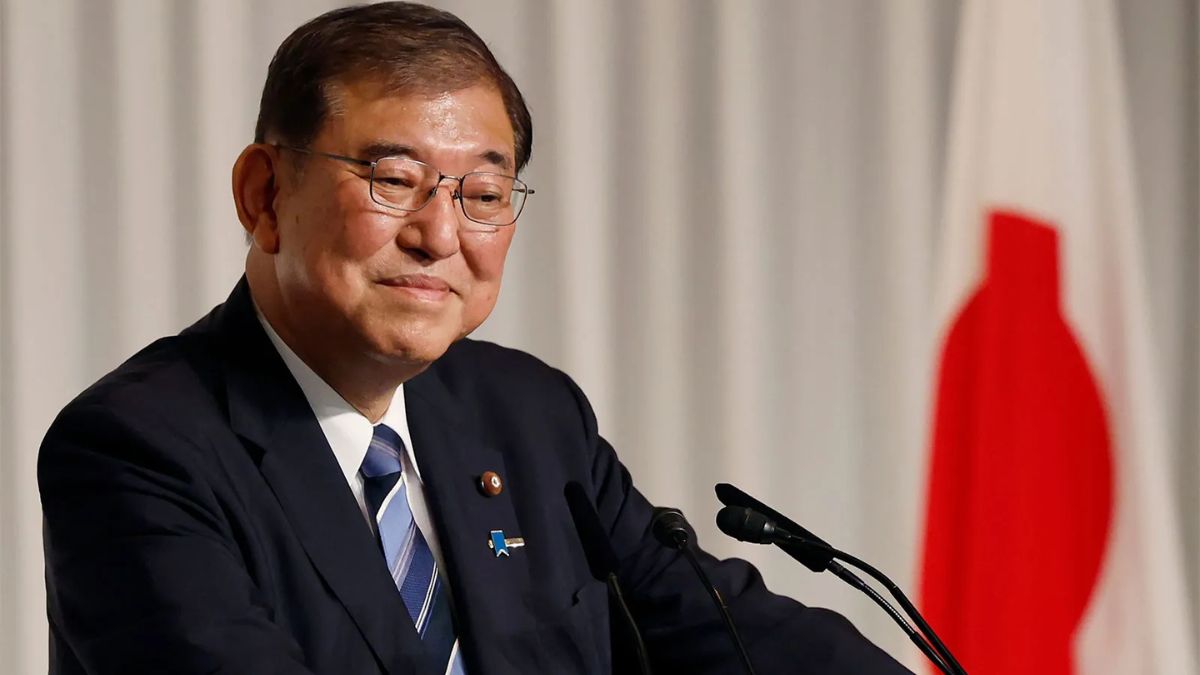Japan’s ruling coalition led by Prime Minister Shigeru Ishiba is facing a major setback after exit polls showed significant losses in Sunday’s upper house election. Despite the poor results, Ishiba has vowed to remain in office.
Voters across Japan cast ballots for 125 of the 248 seats in the upper house of parliament, known as the Diet. According to early projections, Ishiba’s Liberal Democratic Party (LDP) and its coalition partner Komeito are expected to lose their majority in the chamber, further weakening the government’s grip on power.
Before the election, the coalition controlled 141 seats. To maintain a majority, they needed to win 50 of the 66 contested seats to add to the 75 seats they already held. Exit polls suggest the LDP will secure only 32 to 35 seats, marking one of the party’s worst performances.
“This is a tough situation. I take it humbly and sincerely,” Ishiba said in a live interview with NHK. He acknowledged that government measures to tackle inflation have not yet reached ordinary citizens, particularly those struggling with rising food prices and stagnant wages. Despite the loss, he declared, “I will fulfill my responsibility as head of the No. 1 party and work for the country.”
Political Instability Grows
This election result comes after Ishiba’s coalition lost its majority in the lower house last October, forcing the government to rely on opposition parties to pass legislation. Losing control of the upper house now means Ishiba’s administration may become the first LDP-led government to govern without a majority in both chambers since the party’s founding in the 1950s.
The defeat could lead to a range of political scenarios, including the possibility of Ishiba resigning, a snap general election, or the formation of a new coalition involving smaller parties. Some experts say this could also complicate Japan’s ongoing trade negotiations with the United States, especially with a looming August 1 deadline to avoid potential new tariffs.
Voters Demand Change
The key issues in the election were soaring inflation, particularly for essentials like rice, stagnant wages, and debates over tax policy. Many voters favored opposition parties that proposed cutting the consumption tax to ease the cost-of-living crisis. Ishiba’s government instead offered a one-time cash handout as its primary inflation relief measure.
“I hope a change in government will bring a breath of fresh air to Japanese politics,” said Kazuki Oikawa, a voter in his 20s, who supported an opposition party focused on economic reforms.
At the same time, some older voters remain concerned about how tax cuts will be funded. “Opposition parties only talk about tax cuts and spending increases, but where will the money come from?” asked Teruko Aoki, a 94-year-old voter in Tokyo.
Economic and Financial Impact
The election result has already affected financial markets, with concerns over higher government spending and additional debt issuance. Japanese government bond yields have risen to their highest levels since the 2008 financial crisis, and the yen has weakened amid fears of political instability.
Despite these challenges, economists believe the Bank of Japan (BOJ) will likely keep interest rates steady for now, due to the risks of rising tariffs and global uncertainty.
As final results are counted, attention will shift to whether Ishiba can maintain leadership or whether Japan is headed for a new political chapter.











